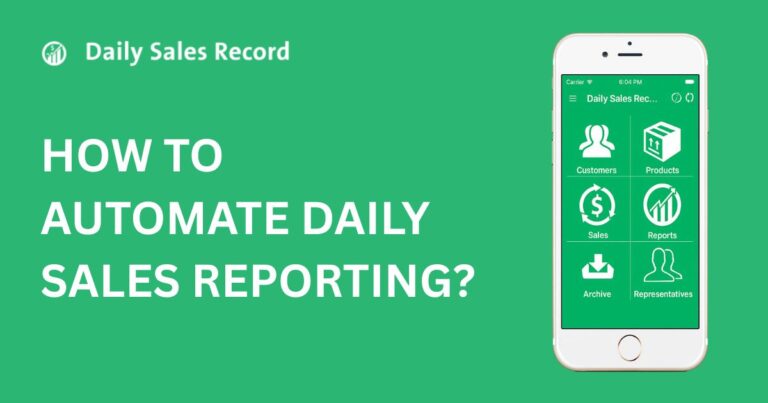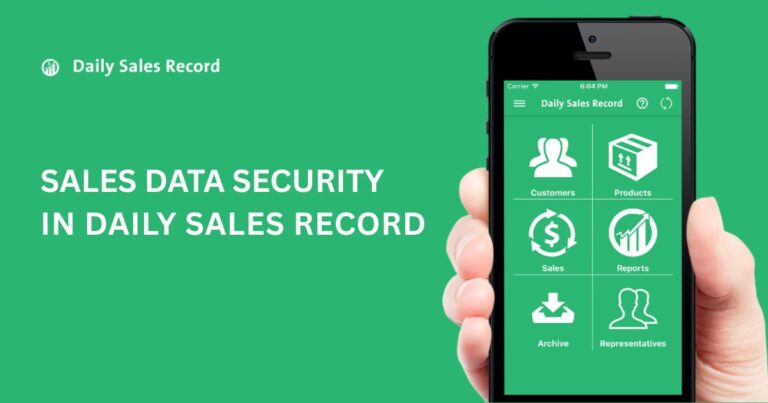Top 10 Sales Tracking Apps for Small Businesses in 2025
Are you still tracking your sales manually? For a small business, managing all the tasks can be a real headache. Sales tracking apps ease you from that. They do wonders, making things much easier and smarter. It keeps track of all the orders and inventory, giving you real insights into the business. You can stay organized, manage customer relationships, and track employee performance.
There are many sales tracking apps. Here in this guide, we’ve selected the top 10 sales tracking apps for small businesses in 2025, their features, and the upcoming trends. So, how to pick the right one? Take time, think objectively. You know your business, go with what’s best for you.
At Daily Sales Record App, we offer a simple and affordable solution for small businesses to track their sales, manage customer data, and generate insightful reports all in one app. Start improving your sales process today!
Why Sales Tracking is Crucial for Small Businesses in 2025
In 2025, sales tracking isn’t just a nice-to-have; it’s a must for small businesses like yours. It helps you make better decisions by giving you clear insights into your sales data. When you know what’s working, you can focus on what really matters, like building stronger customer relationships and closing more deals.
By automating tasks like reporting and follow-ups, sales tracking frees up time, making your sales process more efficient. It also helps you forecast sales, so you’re prepared for what’s coming. Plus, it improves your team’s performance by holding everyone accountable and helping them work smarter.
Whether it’s managing leads or tracking progress, sales tracking helps you stay organized and grow efficiently. It’s the key to boosting profits, scaling your business, and staying ahead of the competition. So, start tracking your sales today and watch your business thrive!
Top 10 Sales Tracking Apps for Small Businesses in 2025
1. Daily Sales Record App
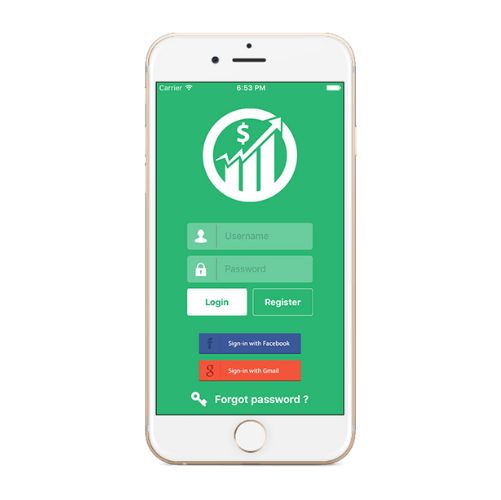
Best For: Small businesses looking for a simple and budget-friendly solution for sales tracking.
Key Features:
- Track daily sales and customer data effortlessly
- Customizable fields to meet unique business needs
- Quick, automated sales reports to monitor performance
- Manage inventory and invoices with ease
Pricing: Starts at just $5/month.
Why Choose It: Daily Sales Record is perfect for small business owners who need a no-fuss, low-cost solution that delivers on basic yet crucial features. It’s a great tool for businesses that are just getting started and need a simple way to stay on top of sales data.
2. HubSpot Sales Hub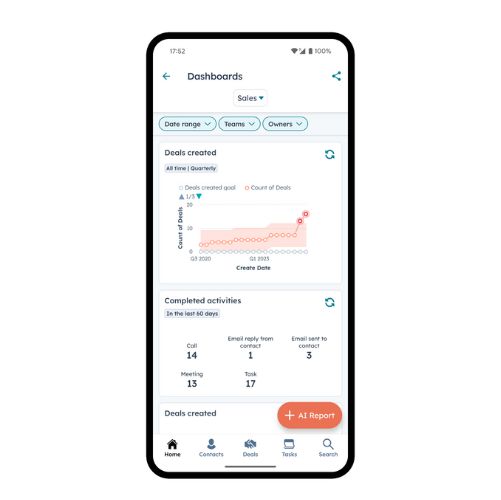
Best For: Small businesses seeking an all-in-one CRM and sales tracking solution.
Key Features:
- Complete CRM integration for seamless customer management
- Sales automation for emails, reminders, and follow-ups
- Advanced reporting with custom dashboards for tracking performance
- Integration with HubSpot’s full suite of marketing, customer service, and sales tools
Pricing: Free plan available; paid plans start at $50/month.
Why Choose It: HubSpot Sales Hub is ideal for small businesses that need more than just a sales tracking tool. It’s a complete CRM that helps manage customer relationships while tracking sales, making it an excellent choice for businesses looking for an integrated solution to grow both their sales and customer service.
3. Pipedrive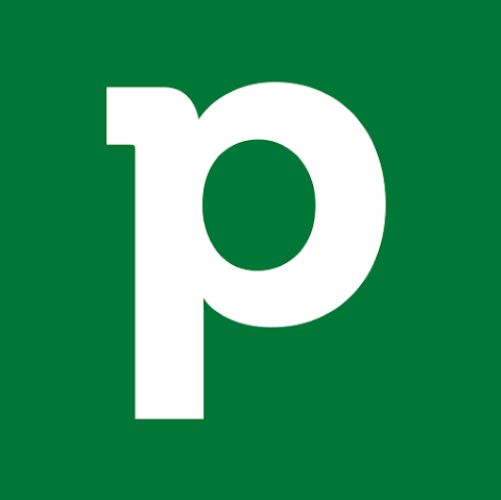
Best For: Teams that prefer a visual, drag-and-drop sales pipeline for easy management.
Key Features:
- Visual sales pipeline management with drag-and-drop functionality
- Goal-setting tools to track individual and team progress
- Customizable reporting to monitor key metrics
- Seamless integration with apps like Google Workspace and Slack
Pricing: Starts at $15/month.
Why Choose It: Pipedrive is perfect for small sales teams that prefer a visual approach to tracking their pipeline. The intuitive design makes it easy to keep track of prospects and deals, while customizations ensure it fits your business’s unique needs.
4. Zoho CRM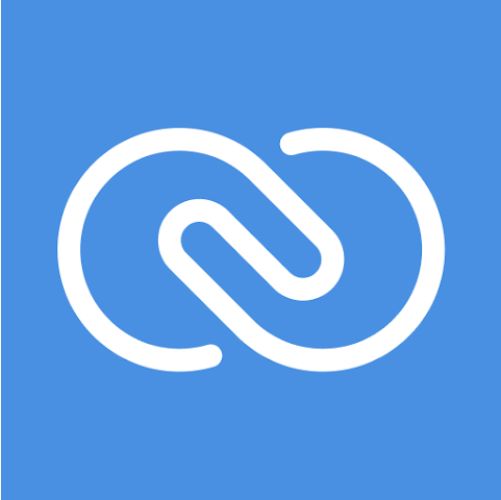
Best For: Businesses seeking AI-powered insights and advanced automation.
Key Features:
- AI-powered sales forecasting and insights to predict future sales
- Lead scoring and automated task management
- Multi-channel communication (email, chat, social media)
- Customizable workflows and reporting
Pricing: Starts at $12/month.
Why Choose It: Zoho CRM is ideal for businesses looking to scale, as it combines powerful AI-driven tools with an affordable price point. Whether you’re looking for advanced analytics or simple CRM features, Zoho offers flexibility for small businesses.
5. Freshsales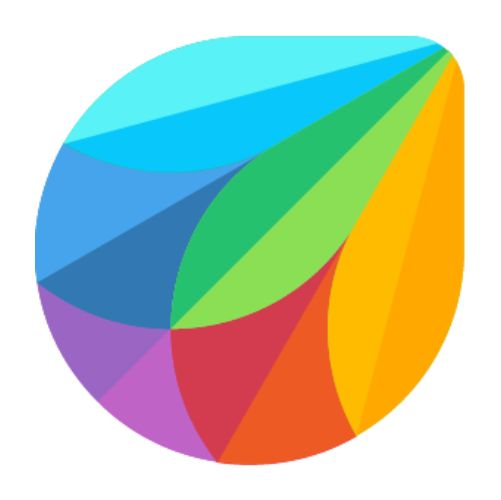
Best For: Startups and small teams looking for an easy-to-use but powerful CRM.
Key Features:
- Built-in calling and email tracking to stay in touch with leads
- Lead scoring, sales activity capture, and pipeline management
- Workflow automation to streamline sales tasks
- Detailed reporting and forecasting tools
Pricing: Starts at $15/month.
Why Choose It: Freshsales is perfect for startups and growing teams who need a straightforward yet powerful sales tool. With built-in communication features and automation, it’s designed to simplify sales tracking and increase productivity.
6. Insightly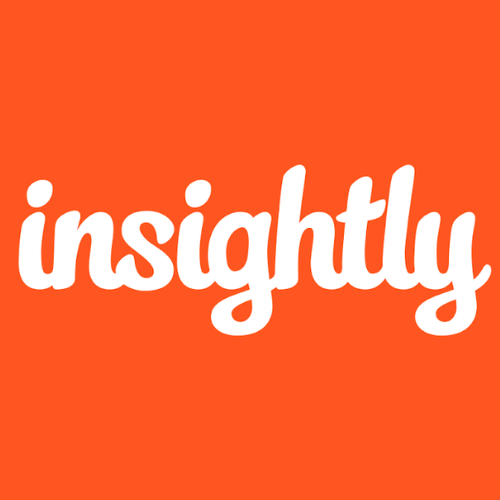
Best For: Small businesses that need both CRM and project management tools.
Key Features:
- Sales tracking, project management, and task automation in one tool
- Custom reports, sales forecasting, and detailed KPIs
- Integration with Google Workspace and Microsoft Office 365
- Customizable sales pipeline to fit specific business needs
Pricing: Starts at $29/month.
Why Choose It: Insightly offers the best of both worlds, combining CRM features with project management tools. It’s perfect for businesses that need to track their sales and manage projects or tasks at the same time, providing a one-stop-shop for productivity.
7. Salesforce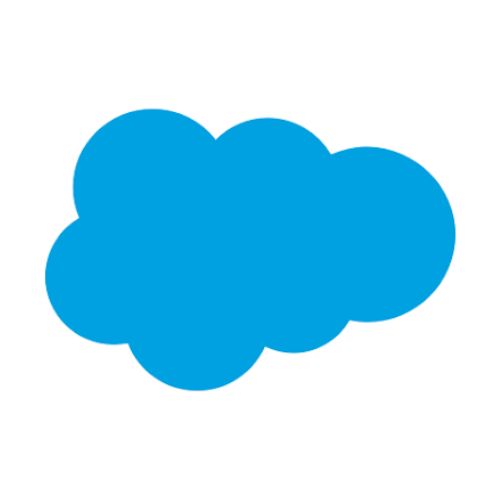
Best For: Small businesses looking to adopt enterprise-grade sales tools at an affordable price.
Key Features:
- Customizable sales pipeline and task management
- Real-time sales reporting and performance tracking
- Advanced CRM features with powerful integrations
- App marketplace for adding additional tools
Pricing: Starts at $25/month.
Why Choose It: Salesforce Essentials is designed for businesses that want enterprise-level capabilities but at a small business price. It’s scalable and packed with features, making it a long-term solution as your business grows.
8. Monday Sales CRM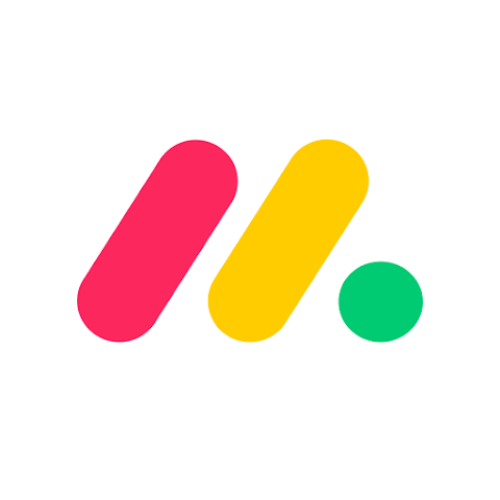
Best For: Teams looking for a visual, customizable sales tracking solution.
Key Features:
- Customizable sales pipeline and task automation
- Real-time collaboration with your team
- Integration with over 30 apps, including Slack and Google Workspace
- Sales performance tracking with visual dashboards
Pricing: Starts at $10/month.
Why Choose It: Monday Sales CRM offers flexibility with its visual interface, making it easy for teams to collaborate and track their sales process. It’s ideal for businesses looking for a customizable, collaborative platform.
9. Close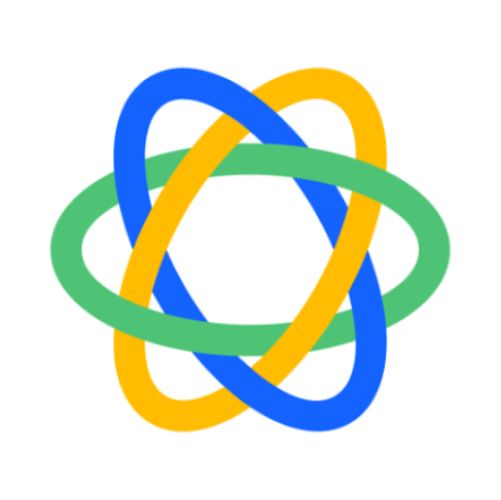
Best For: Sales teams that rely heavily on communication and need a streamlined tracking tool.
Key Features:
- Automated communication (calls, emails, SMS)
- Lead and deal management with performance tracking
- Real-time sales reports and detailed analytics
- Integration with Gmail, Google Calendar, and other tools
Pricing: Starts at $29/month.
Why Choose It: Close.io helps teams centralize all their communication, making it perfect for businesses focused on efficient outreach and follow-ups. It integrates well with communication tools, reducing the need to switch between platforms.
10. Streak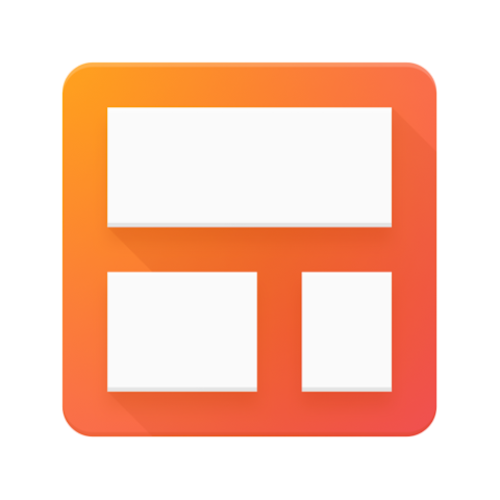
Best For: Businesses that manage sales directly in Gmail and need a simple, integrated tool.
Key Features:
- Sales pipeline management directly within Gmail
- Email tracking and follow-up reminders
- Shared inbox for team collaboration
- Task management and customizable pipeline stages
Pricing: Free plan available; paid plans start at $19/month.
Why Choose It: If you’re a business that works within Gmail, Streak is a perfect choice. It seamlessly integrates with your email, making it easy to track sales directly in your inbox.
How to Choose the Best Sales Tracking App for Your Business
The best sales tracking app for your business doesn’t have to be complicated. Start by identifying what you need. Are you just tracking sales, or do you also need a CRM to manage customer relationships? Consider how many team members will use the app as well.
Focus on the features that are most important to you. Look for an app that helps manage your sales pipeline, automates follow-ups, and provides easy-to-read reports. If your team is mobile, make sure the app works on phones and integrates with other tools you already use.
Pricing matters too. Compare plans to ensure the app fits your budget, and take advantage of free trials to test it out before committing. Think about scalability. Make sure it can grow with your business. Check user reviews to see how well the app works in real-world situations. Finally, ensure the app keeps your data safe with strong security measures.
Find a tool that’s easy to use, fits your needs, and helps streamline your sales process.
Integrating Sales Tracking Apps with Your Business Systems
Step 1: Identify Key Systems to Integrate
Start by identifying the systems your business already uses, such as:
- CRM tools like Salesforce or HubSpot
- Marketing platforms like Mailchimp or Google Analytics
- Accounting software like QuickBooks
When these tools are connected, data flows smoothly, saving you time and avoiding manual work.
Ready for the next step? Let’s talk about choosing the right app!
Step 2: Choose an App with Built-In Integrations
Look for apps with pre-built integrations with your existing systems. Apps that connect with tools like QuickBooks and Google Analytics make everything easier, saving you setup time and effort.
Next up is automating your data sync!
Step 3: Automate Data Syncing
Once your systems are connected, automate data syncing. This means every update in your sales pipeline is automatically reflected in your CRM, marketing tools, and more. No manual updates needed. Your app does the work!
Let’s move on to reporting and analytics. You’re going to love this next part!
Step 4: Streamline Reporting and Analytics
With your systems integrated, you can pull data from multiple tools into one place for powerful reporting and analysis. Track key metrics in real time and make better decisions based on complete sales data.
How about scaling your system for growth?
Step 5: Ensure Scalability
As your business grows, so should your sales tracking app. Choose one that can scale with more users, data, and features. This way, your app will keep up as your business expands.
Almost there! Let’s wrap it up with optimization tips.
Step 6: Test and Optimize Integrations
After setting everything up, test your integrations to ensure everything syncs correctly. As your business grows, regularly optimize the system to keep everything running smoothly.
Sales Tracking Trends: What to Expect in 2025
Sales tracking in 2025 will be all about smart tools and efficiency. Expect AI-powered automation to handle tasks like follow-ups and lead scoring, saving you time. Predictive analytics will give you better insights, helping you forecast sales trends and make smarter decisions.
Real-time data will become crucial, allowing you to track your sales progress instantly and adjust strategies as needed. Integration with your CRM, email marketing, and accounting tools will streamline your operations and keep all your data in sync.
Sales tracking will also become more mobile-friendly, so your team can manage sales on the go. Customization will let you track the metrics that matter most to your business. Plus, expect more focus on customer relationships and data security to keep your info safe.
Wrapping Up
As we move into 2025, the sales tracking tools available are smarter and more efficient than ever. From AI-driven insights to real-time data updates, the right tools will help your business stay organized, improve decision-making, and drive growth. Whether you need basic tracking or a full CRM system, there’s a solution out there to fit your needs.
With so many great options, it’s important to choose the right tool for your business. Daily Sales Record App offers a simple, affordable solution to track sales and manage customers, making it easy to stay on top of everything. If you’re looking for an intuitive way to track your sales, we’ve got you covered!
